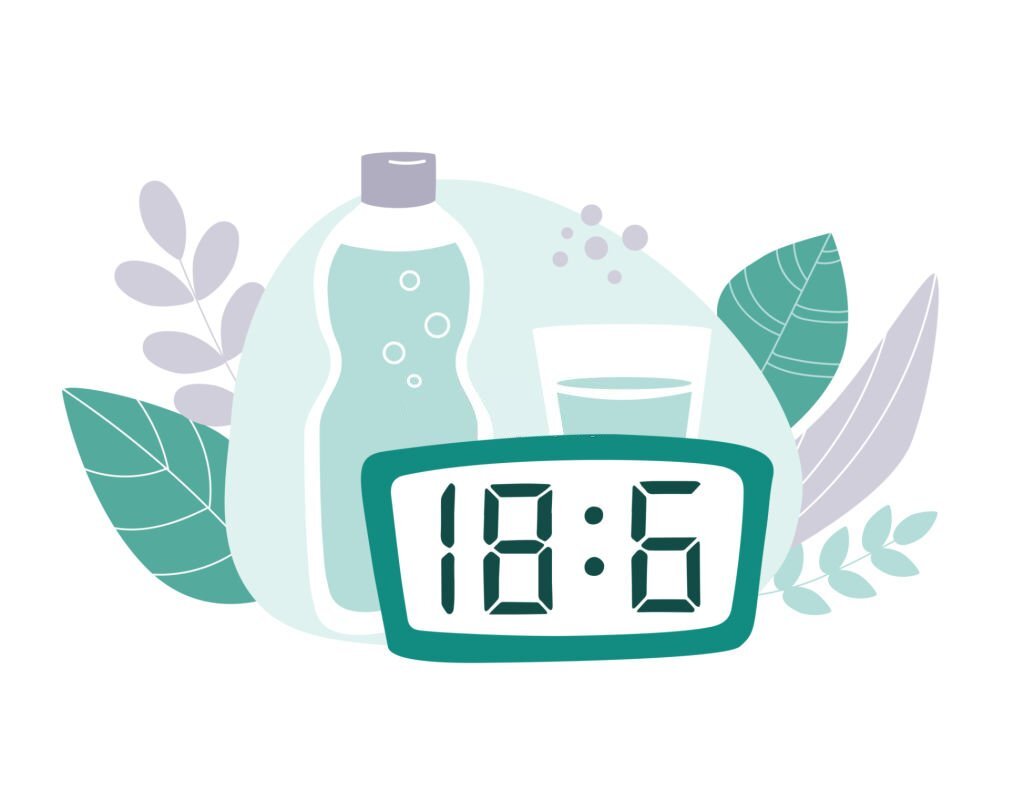In this article, we will explore the concept of water fasting and its potential benefits for strengthening the immune system. Water fasting is a practice that involves abstaining from all food and consuming only water for a certain period of time. It has gained popularity in recent years due to its perceived health benefits. Let’s dive deeper into the world of water fasting and understand how it can strengthen your immune system.
Table of Contents
What is Water Fasting?
Water fasting is a form of fasting that restricts all calorie intake and relies solely on water consumption. It is different from other types of fasting, such as intermittent fasting, where you restrict eating to specific time windows. During a water fast, your body enters a state of ketosis, where it starts utilizing stored fat for energy instead of glucose from food. This metabolic shift can have various effects on the body, including potential benefits for the immune system.
Benefits of Water Fasting
- Boosts Immune System: Water fasting has been found to stimulate autophagy, a cellular process that helps remove damaged cells and pathogens from the body. By promoting this process, water fasting may enhance the efficiency of the immune system, allowing it to better defend against infections and diseases.
- Reduces Inflammation: Inflammation is a natural response of the immune system, but chronic inflammation can lead to various health issues. Studies have shown that water fasting can reduce inflammation markers in the body, potentially benefiting individuals with autoimmune conditions or chronic inflammation-related diseases.
- Enhances Cell Regeneration: During a water fast, the body initiates a process called cellular recycling, where it breaks down old and damaged cells and generates new ones. This rejuvenation process can support the immune system by replacing older immune cells with fresh, efficient ones.
How to Prepare for Water Fasting?
Before embarking on a water fast, it is essential to prepare your body and mind for the process. Here are some steps to take:
- Consult a Healthcare Professional: It is crucial to consult a healthcare professional or a registered dietitian before starting a water fast, especially if you have underlying health conditions or take medications.
- Gradual Transition: Begin by gradually reducing your intake of processed foods, caffeine, and sugary beverages in the days leading up to the fast. This will help minimize potential withdrawal symptoms.
- Hydration: Proper hydration is crucial before and during the water fast. Ensure you are adequately hydrated before starting, as it can help alleviate some initial discomforts.
The Water Fasting Process
During the water fasting process, you will experience various stages that require attention and care. Here’s an overview:
- Initial Hunger Pangs: In the first 24-48 hours of a water fast, you may experience hunger pangs as your body adjusts to the absence of food. It is important to stay hydrated and distract yourself during this period.
- Ketosis and Fat Burning: After a couple of days, your body enters a state of ketosis, where it starts using stored fat for energy. This metabolic shift can lead to increased mental clarity and reduced hunger.
- Physical and Mental Changes: As the water fast progresses, you may notice changes in your body and mind. Some individuals report increased energy levels, improved focus, and a sense of mental clarity during a water fast. However, it’s essential to listen to your body and rest when needed.
Potential Risks and Precautions
While water fasting can offer potential benefits, it’s important to be aware of the risks and take necessary precautions. Here are a few considerations:
- Nutrient Deficiencies: Extended water fasting can lead to nutrient deficiencies if not adequately planned and monitored. Consult with a healthcare professional or a registered dietitian to ensure you are meeting your body’s nutritional needs.
- Electrolyte Imbalance: During a water fast, electrolytes can become imbalanced, leading to symptoms like dizziness, fatigue, or muscle cramps. Consider supplementing with electrolytes or consuming broths to maintain electrolyte balance.
- Underlying Health Conditions: Individuals with certain health conditions, such as diabetes, eating disorders, or compromised immune systems, should avoid water fasting or only attempt it under medical supervision.
Tips for a Successful Water Fast

To have a successful water fasting experience, consider the following tips:
- Start with Shorter Fasts: If you’re new to water fasting, begin with shorter fasts, such as 24 or 48 hours, before attempting longer durations. This allows your body to adjust gradually.
- Stay Hydrated: Drink sufficient water throughout the day to stay hydrated. Aim for at least 8 cups of water per day during the fast.
- Rest and Relaxation: Allow yourself ample time for rest and relaxation during the water fast. Listen to your body’s signals and prioritize self-care.
Breaking the Fast
Breaking a water fast is a crucial step that should be approached with care. Here’s how to reintroduce food after a water fast:
- Start with Small Portions: Begin by consuming small, easily digestible meals or snacks. This helps your body readjust to the digestion process gradually.
- Choose Nutrient-Dense Foods: Opt for whole, nutrient-dense foods like fruits, vegetables, lean proteins, and healthy fats. Avoid heavy or processed foods that may cause digestive discomfort.
Incorporating Water Fasting into Your Lifestyle
If you’re interested in incorporating water fasting into your lifestyle, consider these suggestions:
- Intermittent Fasting: Explore intermittent fasting, where you restrict eating to specific time windows, as a less intense alternative to water fasting. It can still offer some benefits for the immune system and overall health.
- Consult a Professional: Work with a healthcare professional or a registered dietitian to create a personalized fasting plan that suits your health goals and lifestyle.
Conclusion
Water fasting can be a powerful tool for strengthening the immune system and promoting overall well-being. By understanding the process, taking necessary precautions, and listening to your body, you can embark on a water fast with confidence. Remember to consult with healthcare professionals and prioritize your health and safety throughout the fasting journey.








